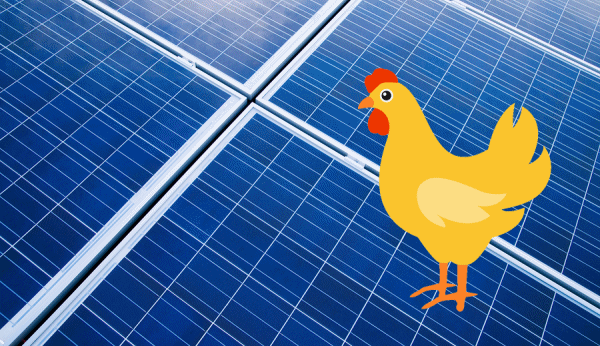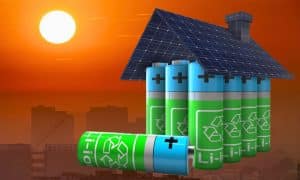A South Australian poultry farm is looking to decrease its reliance on gas and electricity by moving its focus towards solar energy. And it comes to no surprise that it will partner with the Tesla lithium-ion battery – the world’s largest of its kind – to do so.
Located in Blanchetown, the Riverlands Free Range (RFR) poultry site is currently run by AAM Investments Group – a Brisbane-based body that has over $300 million in its portfolio of assets across rural regions. This includes the Regional Livestock Exchange, spanning across 8 centres.

Responsible for delivering around 20 million chickens to Inghams each year (free range and RSPCA-certified), AAM is the country’s second largest supplier. It operates its main supply chain from its Riverlands and Murray Bridge locations.
Cutting greenhouse gas emissions through Tesla’s lithium-ion battery
Garry Edwards, AAM managing director, said the supply from the Tesla lithium-ion battery will help to provide a way for the farms to cut greenhouse gas emissions by up to 62 per cent. It will achieve this through its array of 1.4MW panels across shed roofs.
As noted in One Step Off the Grid, Edwards explained that the project – worth $2.6 million – will form a wider strategy towards sustainability, which began commencement across the facility in early 2019. Intentions are still set on eliminating greenhouse gas emissions by approximately 870 tonnes of carbon dioxide annually.
“This is equivalent to the power required to run 650 homes for a year and illustrates how AAM is implementing sustainability measures across agriculture,” he said.
Additionally he noted that the AAM has been told that this project will be the largest battery installation on any active commercial farm in Australia. This forms a wide achievement of RFR sites now operating off renewables 65 per cent of the time.
Edwards said the battery lets the sites store energy at peak times in the day, as well as fill the battery with sources from the network when prices are lower.
“The onsite battery capacity now provides enough storage to power the entire complex for about four hours every day, enabling the business to reduce and manage our exposure to the volatility of the wholesale energy market while simultaneously cutting demand on the SA energy network,” he said in Farm Weekly.
“This project is yet another successful demonstration of how agricultural businesses can be highly innovative and play an important role in the entire solution of moving Australia to a low-carbon future.”












































